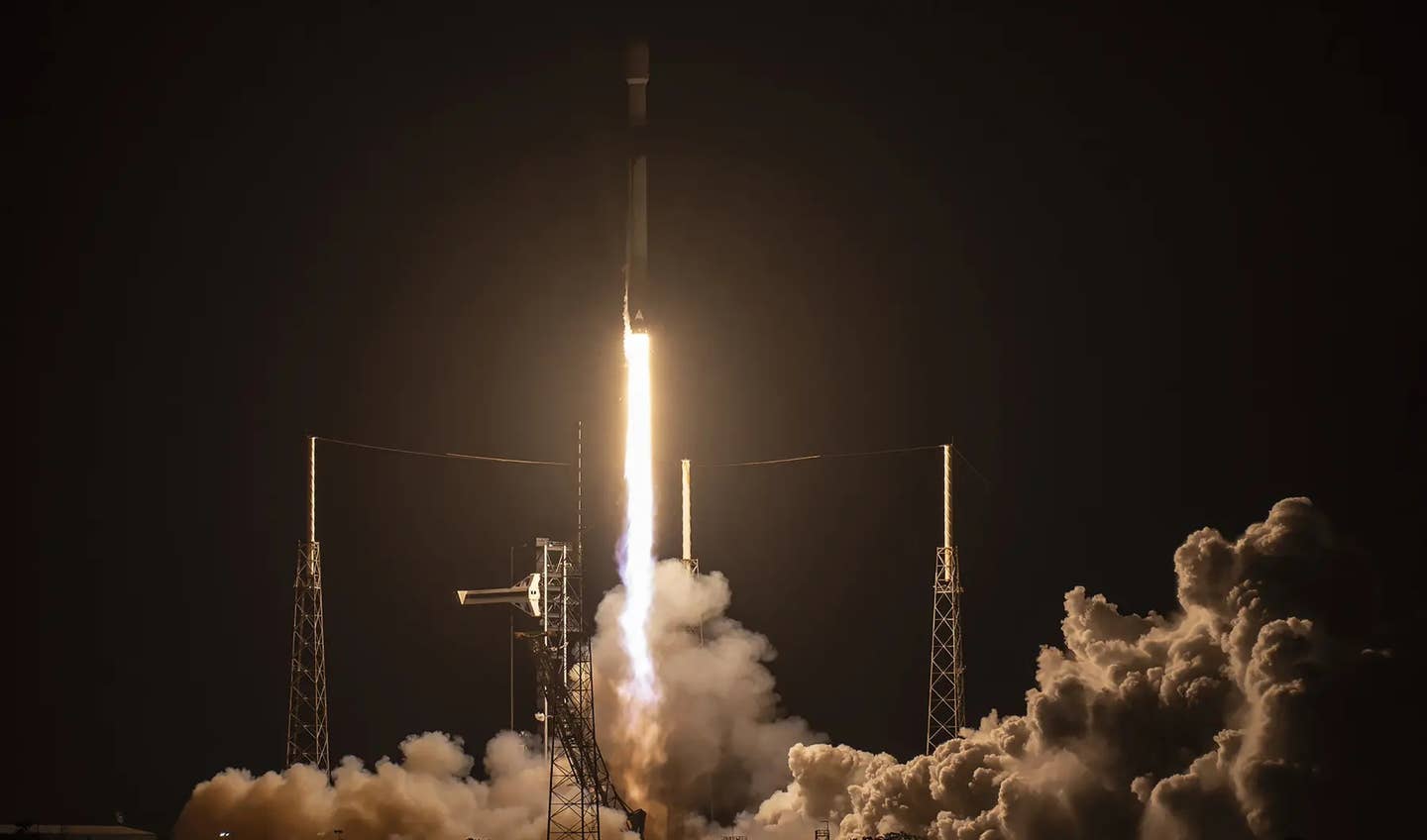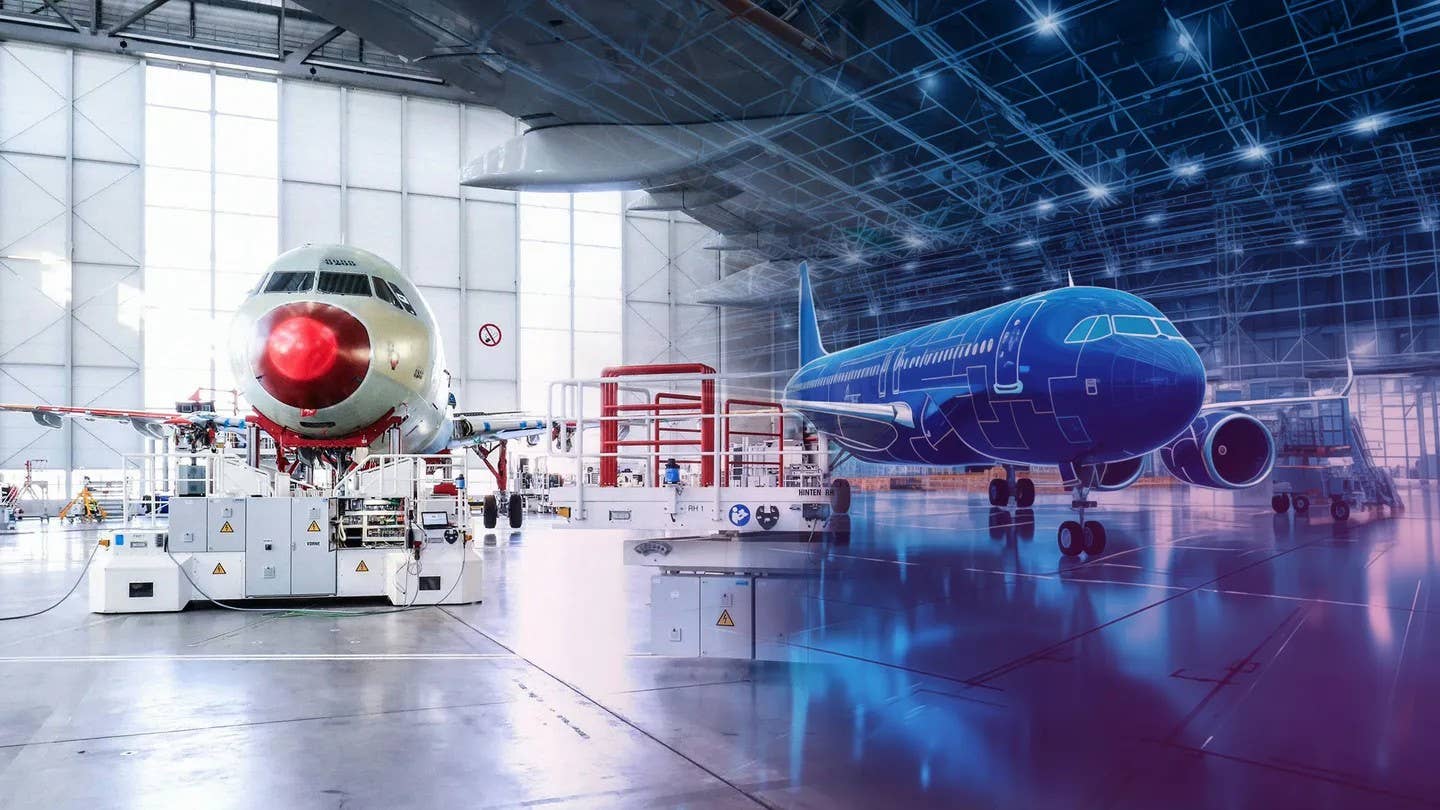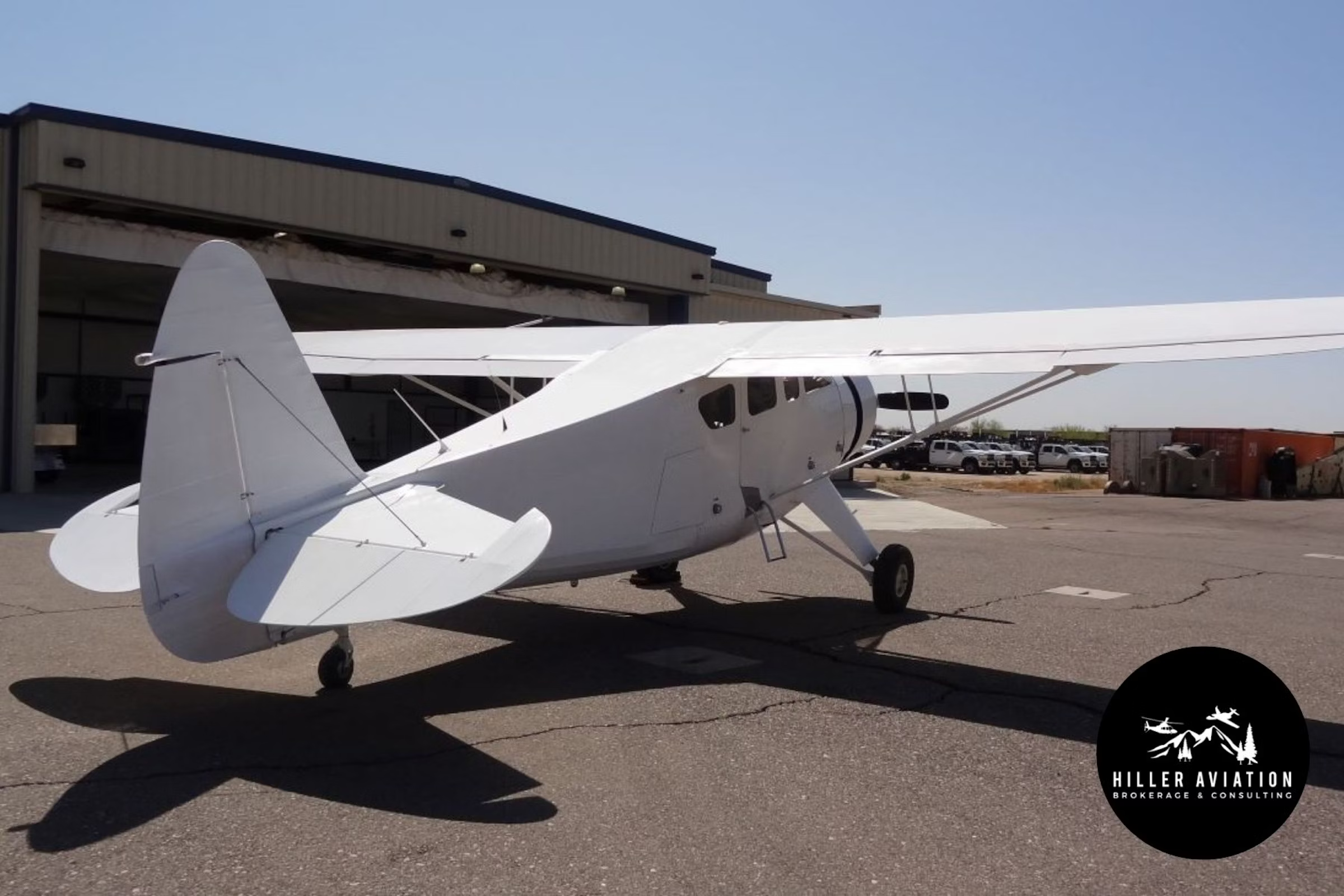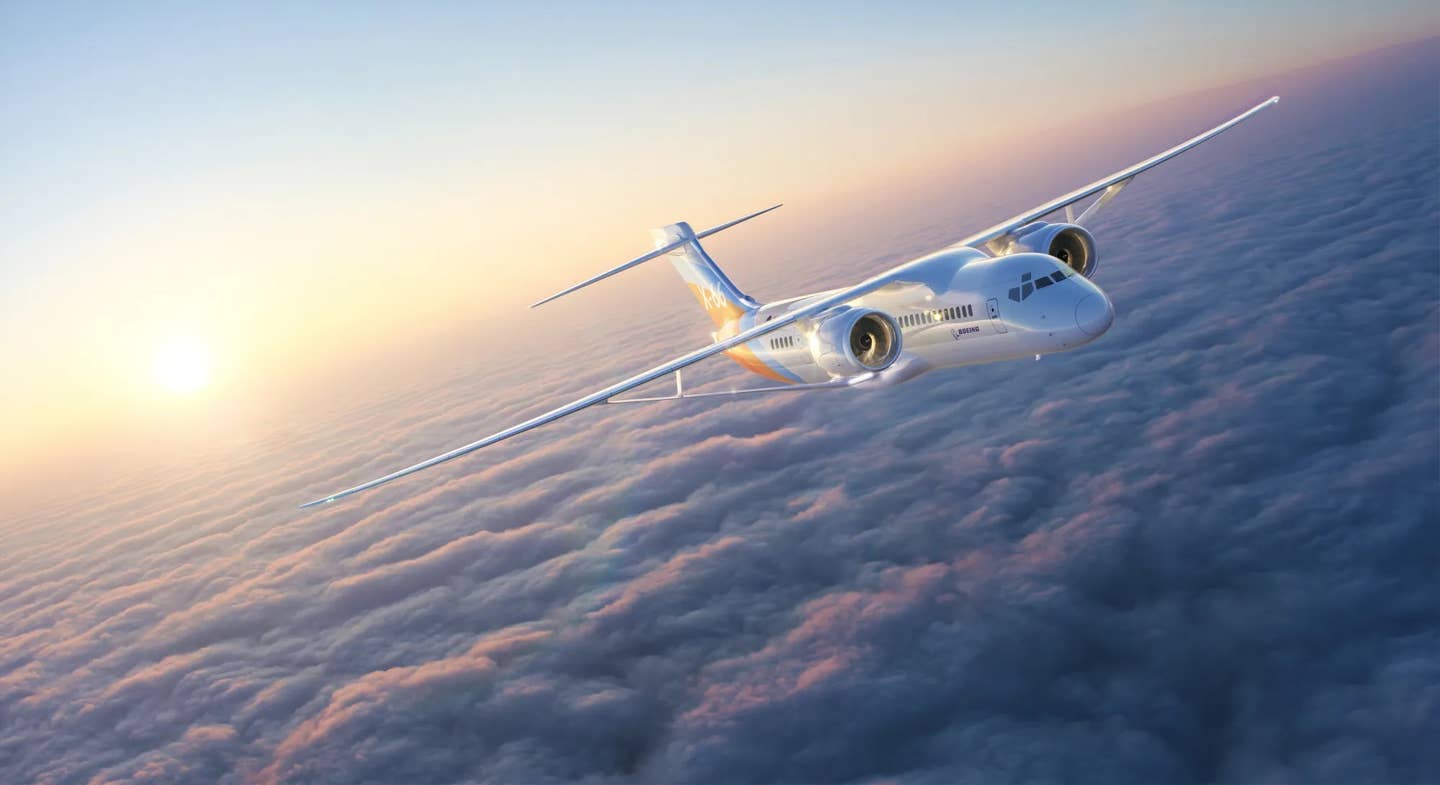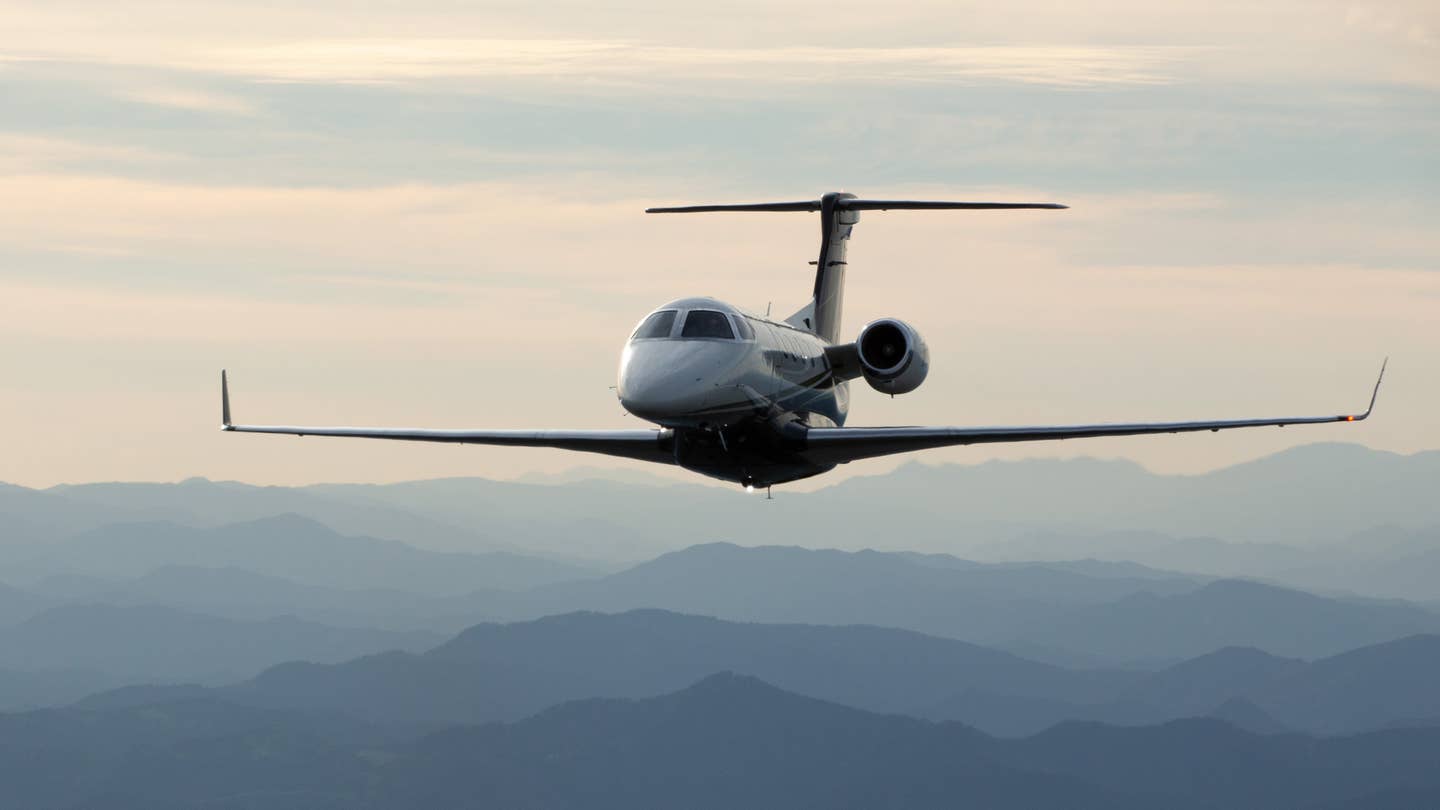
Flexjet entered the fractional ownership arena in 1995. Courtesy Flexjet
One reason pilots have for years sought jobs at some of the fractional business jet operators is because, like the airlines, cockpit crewmembers can live pretty much anywhere they choose. Companies like Flexjet cover the cost of an airline ticket to ensure pilots appear wherever their next trip begins. These kinds of crew repositioning costs are far less expensive than flying empty aircraft around the country on short notice to fulfill a customer request.
Couple the recent significant uptick in business aviation’s use of fractional aviation, however, with the severe reduction in airline seats available in the past few weeks, and something simply had to give. Cleveland, Ohio-based Flexjet said in a news release on March 23, “Its pilots and flight crews will no longer rely on commercial airlines to travel to or from flight assignments but instead on Flexjet’s private fleet.”
Flexjet Chairman Kenn Ricci said, “Given the threat posed by the novel coronavirus and the illness COVID-19, we felt it was in the best interests of our owners and flight crews to take this risk out of the equation and transport our flight crews on our own aircraft.” Flexjet says its entire fleet has been treated with MicroShield 360, an EPA-approved solution applied electrostatically to all aircraft interiors that immediately kills germs and prevents future pathogens from living on treated surfaces for up to one year. Ricci has also committed to assist any competitors in the private aviation industry who need help designing safety measures for their organizations.
To make the new program work, Flexjet pilots and flight crews will drive to one of seven strategically located hubs around the country, where they will be ferried aboard a controlled and select group of Flexjet aircraft to connect with their flight assignments. The majority of Flexjet pilots are no more than a 4-hour drive from the following gateway cities: Cleveland, Chicago, Charlotte, Tampa, Dallas, Phoenix and Denver.
Through careful scheduling, using Flexjet’s proprietary software, and extension of tour lengths, the new shuttle system will remove flight crews from the commercial airlines with minimal disruption. Taking its pilots and flight crews off commercial air carriers also enables Flexjet to comply with the Centers for Disease Control and Prevention (CDC) recommendations that groups be limited to no more than 10 people for the next few weeks.
“This change in our business model reinforces two of our three guiding principles–‘Employees Are the Foundation of a Service Company,’ and taking a ‘Long-term Approach to Relationships,’” said Flexjet CEO Michael Silvestro. “While there is no regulatory obligation demanding we make this move, we believe it is the most prudent decision based on the information available today.”

Sign-up for newsletters & special offers!
Get the latest FLYING stories & special offers delivered directly to your inbox

